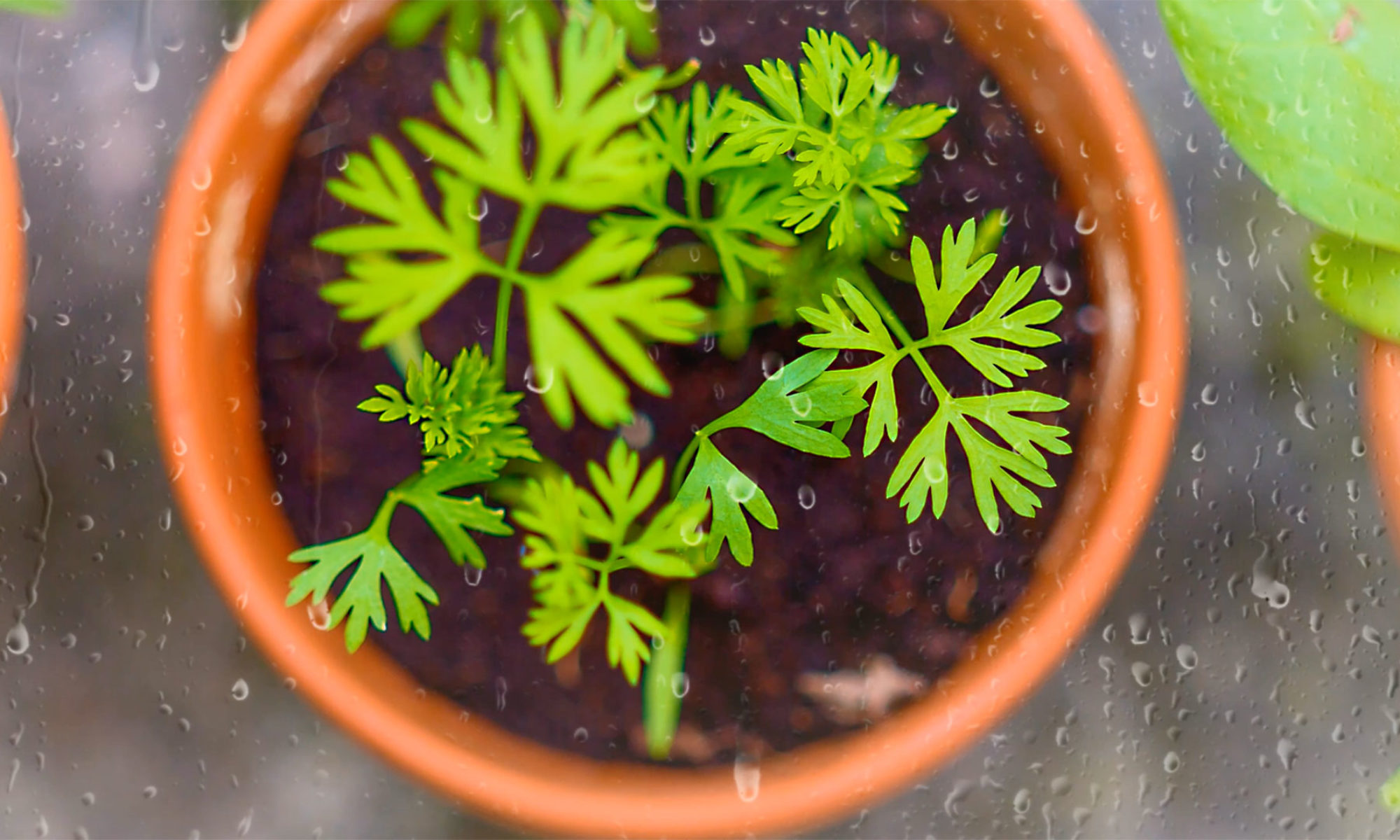The environmental and social consequences of producing food that no one eats are massive.
More than a third of food intended for human consumption in the United States is wasted, while at the same time upwards of 26 million people reported they experienced food scarcity.
When food is discarded, all of the resources put into growing, producing, processing, transporting, preparing and storing are wasted. Food that ends up in a landfill then exacerbates the problem by producing large amounts of methane – a greenhouse gas that is 28 times as potent as carbon dioxide.
It’s been estimated that 8% of all human-caused greenhouse gas emissions could be avoided if food waste was curbed.
This is where individuals can really make a difference when it comes to climate change as 37% of food waste occurs in the home. Despite the complexity of this problem there are plenty of actions we can take to make a difference.
Meal planning
- Planning your meals and making a specific grocery list cuts down buying things we don’t need or over zealous shopping. I am definitely guilty of this when it comes to produce.
- Making meals from what is available. It can be a fun challenge to make a meal with what’s left in the pantry/vegetable.
Store food correctly and make use of your freezer
- Learn best practices for lengthening shelf life of food.
- I freeze the rinds of parmesan and use in Minestrone. Freeze things like tomato paste in tablespoon measures if not using the entire jar.
Shop local farmers market and CSA’s
- When food is picked in season and locally it tends to stay fresher longer while reducing the carbon footprint of transport and packaging.
- I would love to hear your favorite markets and CSAs. We have so many great local resources.
- Rochester Public Market: The Rochester Public Market is open year-round and offers a wide variety of locally grown produce, meats, and other food items from over 300 vendors. The market is open on Tuesdays, Thursdays, and Saturdays.
- Brighton Farmers Market: The Brighton Farmers Market is held on Sundays from May through October and offers a variety of locally grown produce, meats, and other food items.
- Fairport Farmers Market: The Fairport Farmers Market is held on Saturdays from May through November and features locally grown produce, meats, and other food items.
- K&S Bischoping Farms CSA: K&S Bischoping Farms offers a CSA program that provides members with a weekly share of seasonal produce from their farm in Webster, NY.
- Mud Creek Farm CSA: Mud Creek Farm offers a CSA program that provides members with a weekly share of fresh, organic produce from their farm in Victor, NY.
Compost
- When there is no way to rescue food, composting can limit environmental impact. When food rots in landfills, it creates methane, a potent greenhouse gas. However, when composted in bins by microbes, composted food creates nutrient rich soil, keeping carbon out of the atmosphere.
- I would love to give a shout out to Impact Earth, a local Rochester company that I am using for composting.

Support, Share, Educate
We can support food recovery programs and policies that limit waste. These are just a few examples of the many food recovery programs that are working to reduce food waste and fight hunger.
- Impact Earth: Reduce single-use consumption and divert materials from the landfill through: education, access to products and services, and creation of policy and processes.
- Food Recovery Network (FRN): FRN is a national network of college and university students that works to recover surplus food from their campuses and local communities and donate it to those in need.
- Feeding America: Feeding America is a national network of food banks that works to reduce food waste by rescuing and distributing surplus food from grocery stores, restaurants, and other food providers.
- Community Composting: Community composting programs work to reduce food waste by collecting and composting food scraps from households and businesses. The resulting compost can be used to improve soil health and grow more food.
- Imperfect Foods: Imperfect Foods is a grocery delivery service that sources “ugly” and surplus produce and other food items that might otherwise go to waste.
- Zero Percent: Zero Percent is a technology platform that connects businesses with surplus food to local food banks and other organizations that serve people in need.
- Too Good to Go: Too Good to Go is a mobile app that allows users to purchase surplus food from local restaurants and other food providers at discounted prices.
These steps may take a little extra time however they can create cost savings. The average American spends $1,300 annually on food that doesn’t get eaten!
Reducing food waste is one of a few climate solutions that cost almost nothing but delivers massive financial and environmental benefits. I’d love to hear from you on what you are doing to reduce food waste
https://www.washingtonpost.com/climate-solutions/2021/02/25/climate-curious-food-waste/
https://www.worldwildlife.org/stories/fight-climate-change-by-preventing-food-waste

